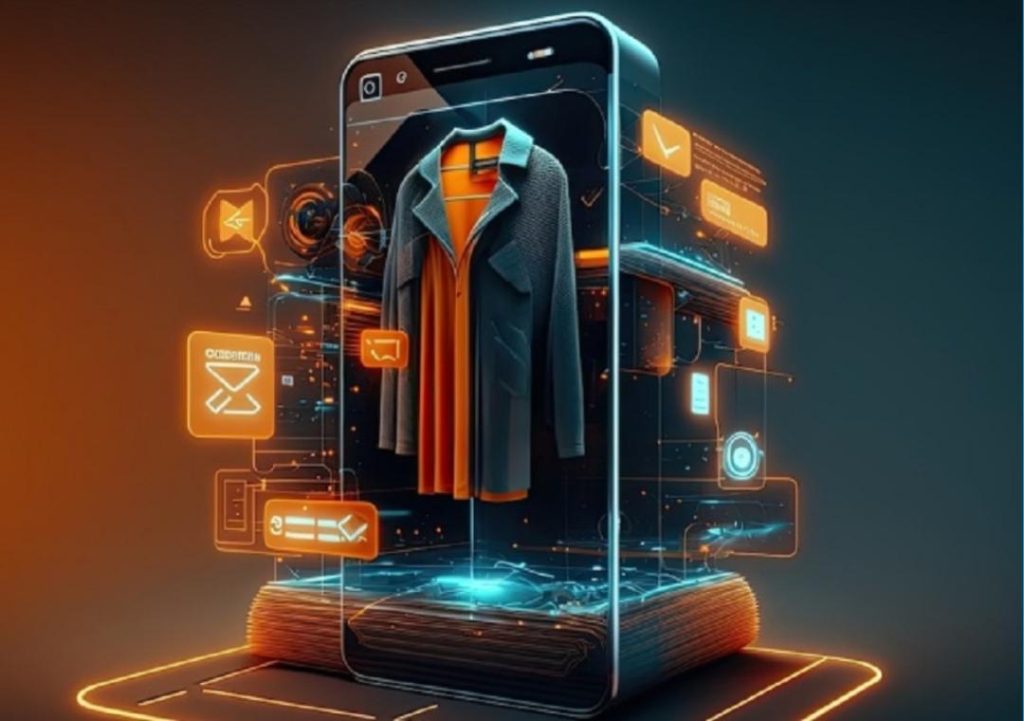
How AI, AR & Automation are Redefining Online Shopping in 2025
As the e-commerce industry continues to evolve, online shopping is transforming in ways that were previously unimaginable. The convergence of Artificial Intelligence (AI), Augmented Reality (AR), and Automation is revolutionizing the way consumers interact with online stores, making shopping faster, more immersive, and frictionless.
In this blog post, we’ll explore the latest trends in AI-powered personalization, AR virtual try-ons, and automated logistics, which are redefining the online shopping experience. We’ll also examine the role of AI chatbots, smart recommendations, and voice commerce in improving user experience, as well as the impact of AR on product previews and automation on supply chain and delivery.
AI-Powered Personalization
Personalization is no longer a nice-to-have, but a must-have for e-commerce businesses. AI-powered personalization enables online retailers to tailor their marketing strategies, product recommendations, and customer service to individual customers based on their behavior, preferences, and interests.
Chatbots, powered by AI, are playing a significant role in personalization. These chatbots can engage with customers in real-time, providing them with relevant product information, answers to frequently asked questions, and even helping them complete purchases. For instance, Sephora’s chatbot uses AI to offer personalized product recommendations to customers based on their skin type, tone, and preferences.
Smart Recommendations
Smart recommendations are another area where AI is making a significant impact. These recommendations are based on complex algorithms that analyze customer data, including browsing and purchase history, to suggest products that are likely to be of interest to the customer.
For example, Amazon’s recommendation engine uses AI to suggest products to customers based on their browsing and purchase history. This has led to a significant increase in sales and customer satisfaction. Similarly, Netflix’s recommendation engine uses AI to suggest TV shows and movies to customers based on their viewing history and preferences.
Voice Commerce
Voice commerce is another area where AI is playing a significant role. With the rise of voice assistants like Alexa, Google Assistant, and Siri, customers can now interact with online stores using voice commands. This has opened up new opportunities for e-commerce businesses to engage with customers in a more intuitive and conversational way.
For instance, Walmart’s voice commerce platform uses AI to enable customers to order groceries and other products using voice commands. This has led to a significant increase in sales and customer satisfaction.
AR Virtual Try-Ons
Augmented Reality (AR) is revolutionizing the way customers interact with products online. AR virtual try-ons enable customers to try on products virtually, without having to physically visit a store. This has led to a significant increase in conversions and customer satisfaction.
For instance, Sephora’s AR virtual try-on feature allows customers to try on makeup virtually, without having to physically visit a store. This has led to a significant increase in sales and customer satisfaction.
Automated Logistics
Automated logistics is another area where AI is making a significant impact. With the rise of automation, online retailers can now automate many aspects of their logistics, including inventory management, order fulfillment, and delivery.
For instance, Amazon’s automated logistics system uses AI to optimize inventory management, order fulfillment, and delivery. This has led to a significant increase in efficiency and customer satisfaction.
The Future of Online Shopping
The future of online shopping is likely to be shaped by the convergence of AI, AR, and Automation. As these technologies continue to evolve, we can expect to see even more innovative solutions that improve the online shopping experience.
In conclusion, AI, AR, and Automation are redefining online shopping in 2025. From AI-powered personalization and smart recommendations to AR virtual try-ons and automated logistics, these technologies are making shopping faster, more immersive, and frictionless. As the e-commerce industry continues to evolve, we can expect to see even more innovative solutions that improve the online shopping experience.
Source:
https://www.growthjockey.com/blogs/e-commerce-tech-trends-online-shopping






